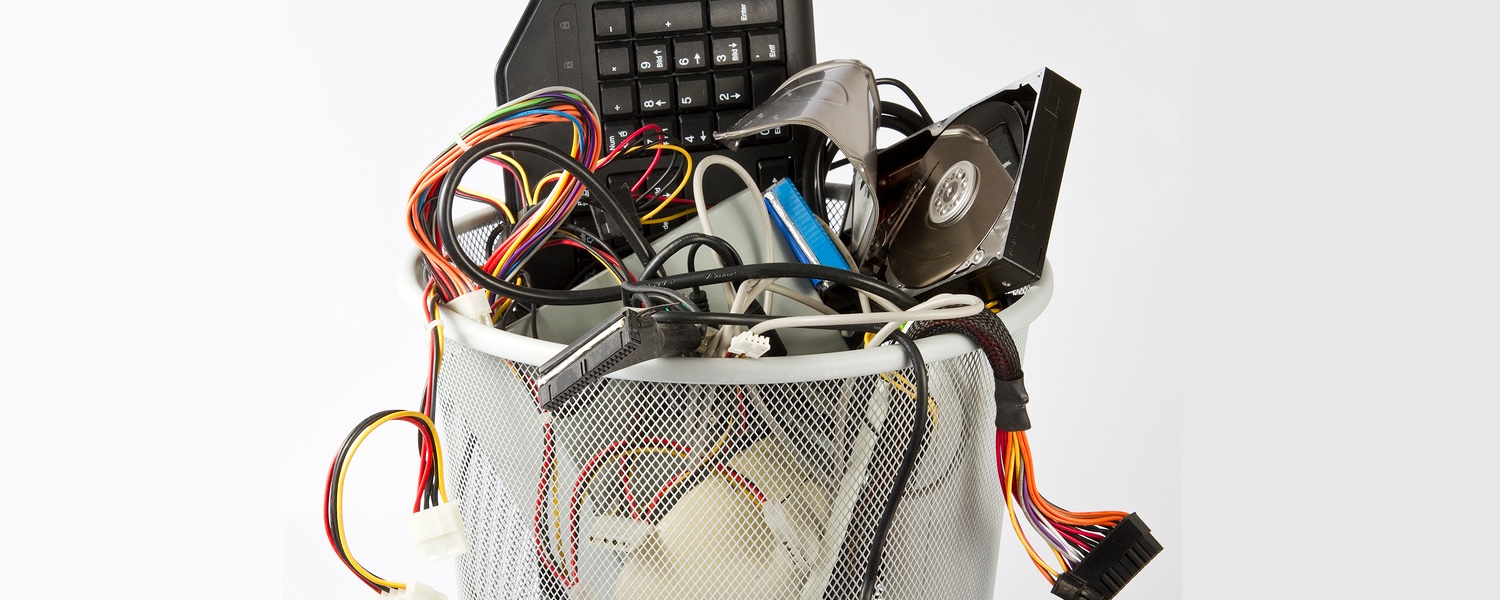There are two surefire ways to have your name immortalized in history: succeed in your stride toward greatness or, as so many tech firms did in 2011, faceplant trying.
Fresh in our memory are failed products like the Blackberry Playbook and HP's TouchPad, the PlayStation Network getting hacked, Microsoft's Kin smartphones being removed from circulation after a mere 48 days, AMD's FX relaunch and Duke Nukem Forever. Those and a few others have served as inspiration for us to look further back and revisit some of the biggest flops of the new millennia, starting with what many consider Microsoft's worst OS ever.
Microsoft Windows Me
The "mistake" edition
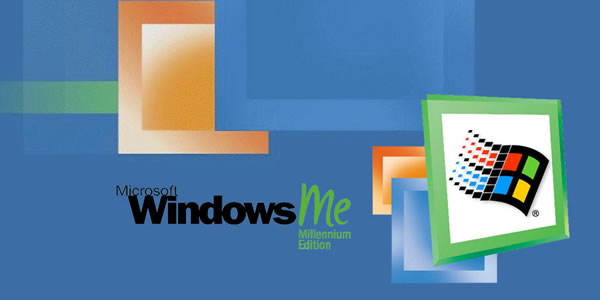
Backtracking on plans to make Windows 98 the last OS before switching to NT builds, Microsoft shipped two more 9x-based platforms: Windows 98 SE (April '99) and Windows Me (September '00). The former was a revamped version of Win98, while the latter was an awkward interim release that arrived shortly after the venerable Windows 2000. Me was unstable and had fewer features than 98 and 2k, making it a tough sell and a horrible OS experience out of the box.
Sega Dreamcast
The game console that could, but wasn't
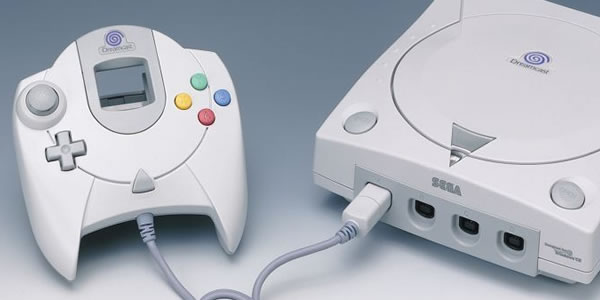
With radical new features including a modem and a VMU memory card, the Dreamcast was successful when it launched in 1998 and 1999. Sadly, that momentum promptly stalled with intense competition from the PlayStation 2 and Xbox, which, among other advantages, used DVDs for games instead of a proprietary format. Some two years later, a tattered Sega ceased production of its innovative console.
Microsoft's Tablet PC
The right idea, the wrong approach
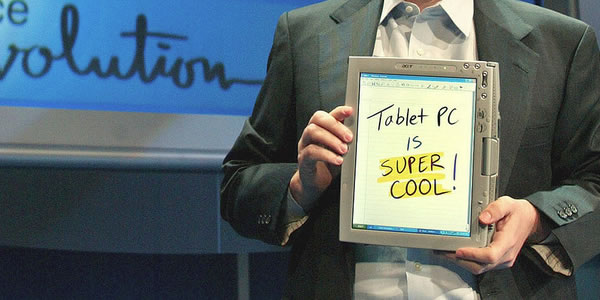
Bill Gates, at the time CEO of Microsoft, presented the Tablet PC in 2001 as the next major evolution of the personal computer. Microsoft's approach was to offer a Windows XP-based slate or convertible laptop that added pen input, handwriting and voice recognition functionality. Needless to say, this didn't work very well and as a result didn't sell either. The Tablet PC was too bulky, the input was unintuitive, and the software lacked refinement, even to this day.
Nokia N-Gage
Ahead of its time or blatantly poor execution?
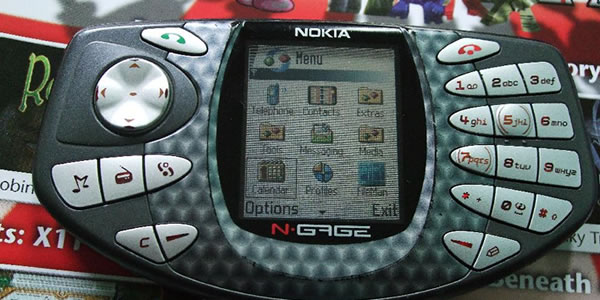
In 2003, Nokia fused a lackluster gaming platform with a cumbersome cellphone and set its crosshairs on the Game Boy Advance. The N-Gage's vertical screen was cramped, swapping games meant removing the battery and its cellphone was oriented sideways. Perhaps even more discouraging, it had fewer games than Nintendo's handheld while costing over double at $300. In its first weeks, the device was outsold 100 to 1 by the GBA.
HD-DVD
Casualty of the high-def format war
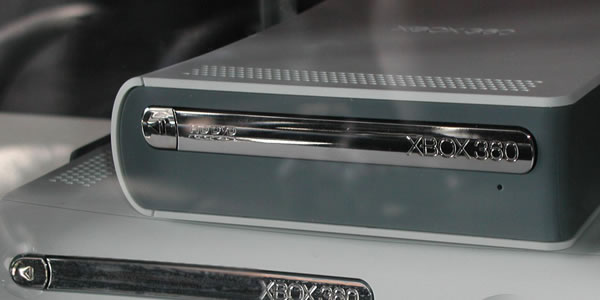
Streaming is the present and future of video, but for a while if you wanted to watch proper high-resolution media, you had to place your bets on either next-generation format: Blu-ray or HD-DVD. Eventually, the former came on top and HD-DVD quickly faded into oblivion (launched in 2006, died in 2008), leaving behind about a million obsolete players, including the popular Xbox 360 add-on unit.
UMPCs
Small form factor of fail
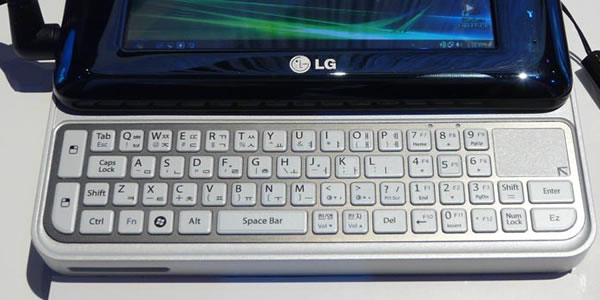
Ultra-mobile PCs saw a few different iterations, from Sony's sexy but impractical VAIO U to the equally impressive but yet awkward OQO UMPCs. Trumpeted as the next-generation pocketable Windows devices, UMPCs never received mainstream adoption – not least because of their use of Vista. A few years later, the iPhone would prove smartphones were the true future of mobile.
Palm Foleo
Palm almost beat Asus to the netbook
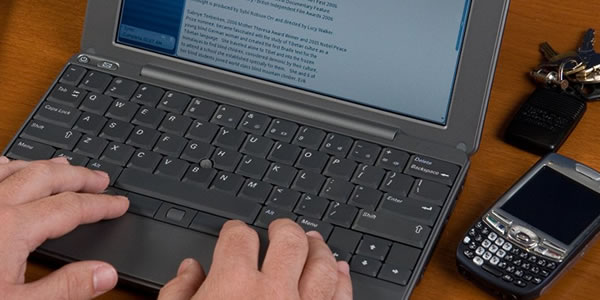
The Foleo was a mini-notebook in development at Palm for a few months before being cancelled. It had a lot in common with the first commercially successful netbook (Asus Eee): small footprint, low price, as well as decent battery life and connectivity. On the other hand, the Foleo's pending doom was written on the wall. For example, it would have depended on a Treo smartphone to fully function (a la Blackberry Playbook, meaning total failure). Despite those shortcomings, we believe Palm missed out big should they have polished their short-lived project further. Netbooks were widely successful Asus sold hundreds of thousands of units in no time.
Windows Vista
Six flavors of fail

After repeated setbacks, Windows Vista finally launched with a confusing array of six editions during the slow PC sales month of January. Ironically, part of the final delay was used to "crank up" Vista's security and uptight security became one of critics' main complaints. There were also numerous software incompatibilities, various performance issues (gaming/file transfers/battery life), and it failed to deliver promised features such as WinFS.
DRM on PC Games
No one benefits from restrictive DRM
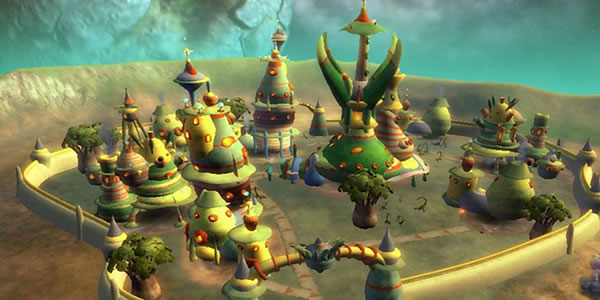
DRM has been cooking for years but 2008 brought with it many controversial examples – most notably Spore, which used a modified version of SecuROM for online authentication and limited users to three installs. After being slammed with thousands of one-star Amazon reviews and two class-action suits, EA released a SecuROM-free copy on Steam in December '08, but not before Spore became the most pirated game of the year.
MySpace
Just because Facebook is now worth $100b

Until 2008, Facebook was the second largest player in social networking, trailing behind MySpace by a considerable margin. A year after being acquired by News Corp. in 2005, the service was in such privileged position that it beat Google as the most visited website in the US. Thanks to a combination of poor decision-making, horrible design and user experience, and a lack of focus on core social components, MySpace failed to capitalize on its position, leaving Facebook to attract a wider user demographic in the long haul.
Sony PSP Go
No 99 cents games for you
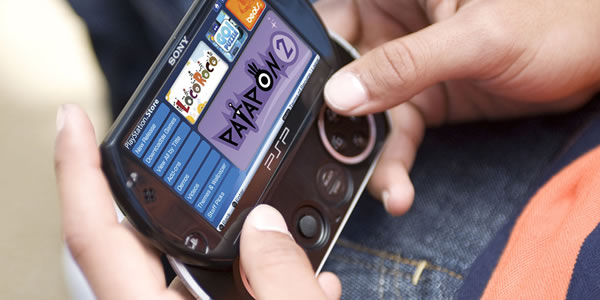
In 2009, Sony set out to explore the uncharted waters of digital distribution. Unfortunately, existing PSP owners didn't want to "upgrade" and ditch their UMD collections, newcomers were discouraged by the PSN's weak catalog and neither wanted to part with $250 for a handheld. Factor in the rapid adoption of smartphones with their infinite sea of 99-cent games and the PSP Go's voyage was arguably doomed from the outset. Only time will tell if the PS Vita shares the same fate.
Google Wave and Google Buzz
The web's giant lack of social skills

Google is arguably the most powerful force on the web, but with Facebook as well as other social and mobile newcomers threatening its dominance, the company has repeatedly tried to become a top social destination. Before Google+ there was Buzz which failed to gain momentum despite having close ties to Gmail. Google Wave also caused a stir initially, but it failed in its attempt to create a clever communication tool that had the potential of replacing IM and email.
Android Tablets, HP TouchPad, Blackberry Playbook
Until they are able to make a dent on iPad's market share
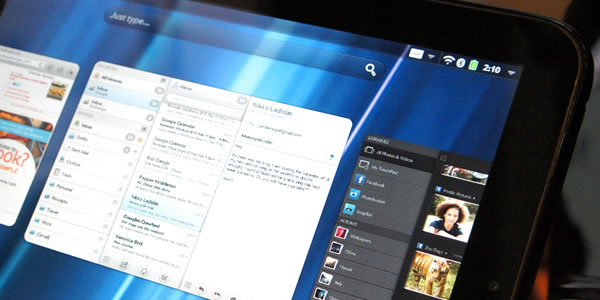
Google has arguably done a great job with Android and those efforts have paid off on the smartphone front. On the tablet side however, not so much. Even with great partners and multiple hardware iterations, somehow it feels like Android keeps lagging behind Apple's iPad. The recent delays in getting Android 4.0 ICS to all outgoing tablets makes matters even more visible. But at least they are trying to make a dent on iPad's sales. Meanwhile, HP's TouchPad and the Blackberry Playbook were a complete disaster, from lacking basic functionality, to their complete mismanagement and premature cancellation.
That was our recount of tech disasters of the past 10+ years. In many cases, good products that failed to be marketed properly or were poorly timed, then some others that entirely deserve their bad rep. How about your personal picks for worst tech products? Share your stories with us in the comments.
